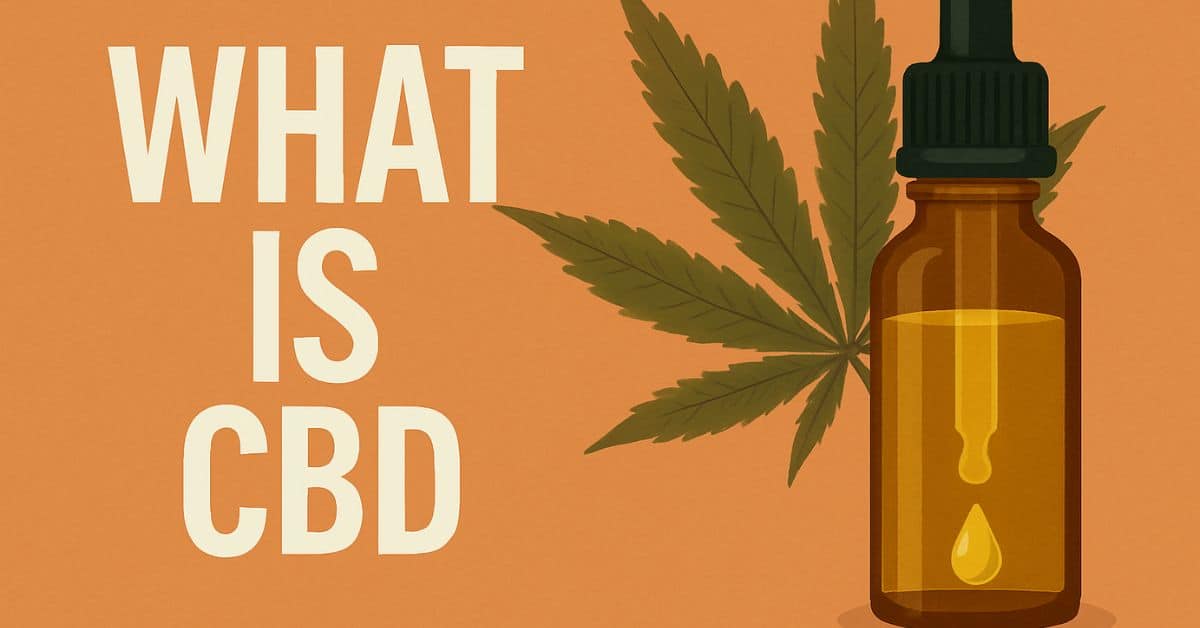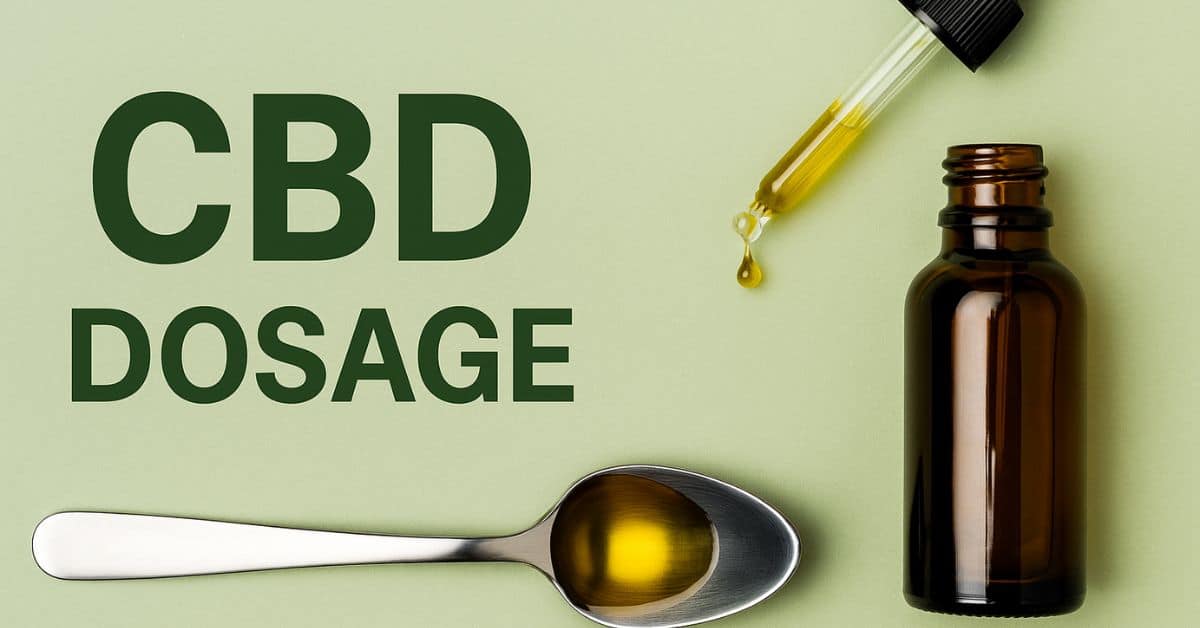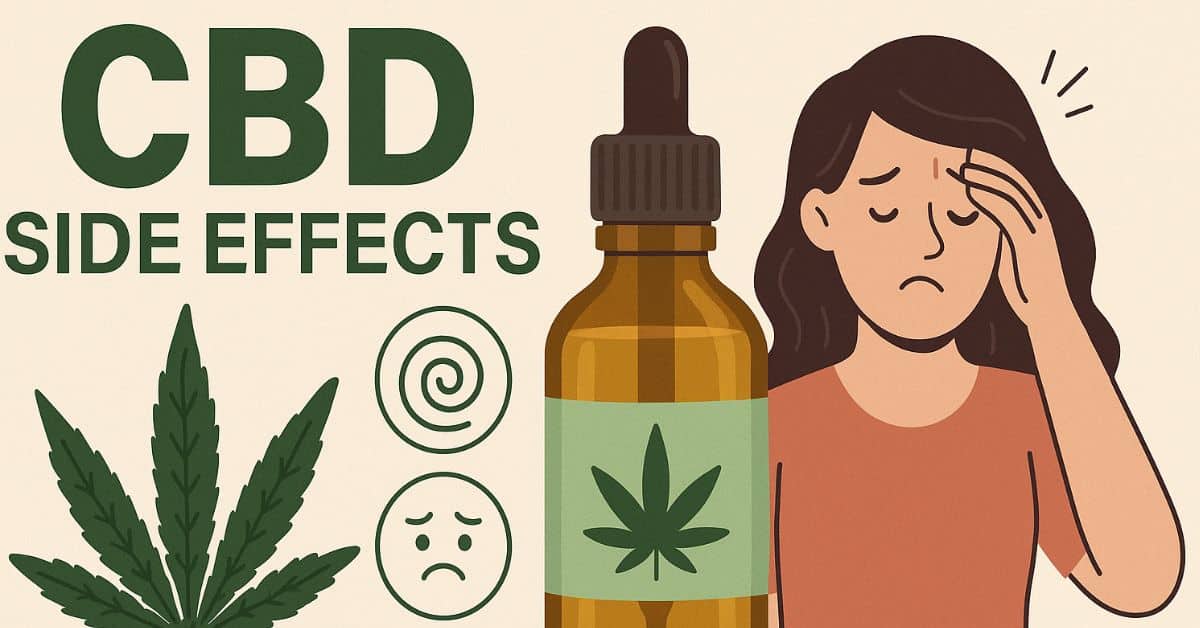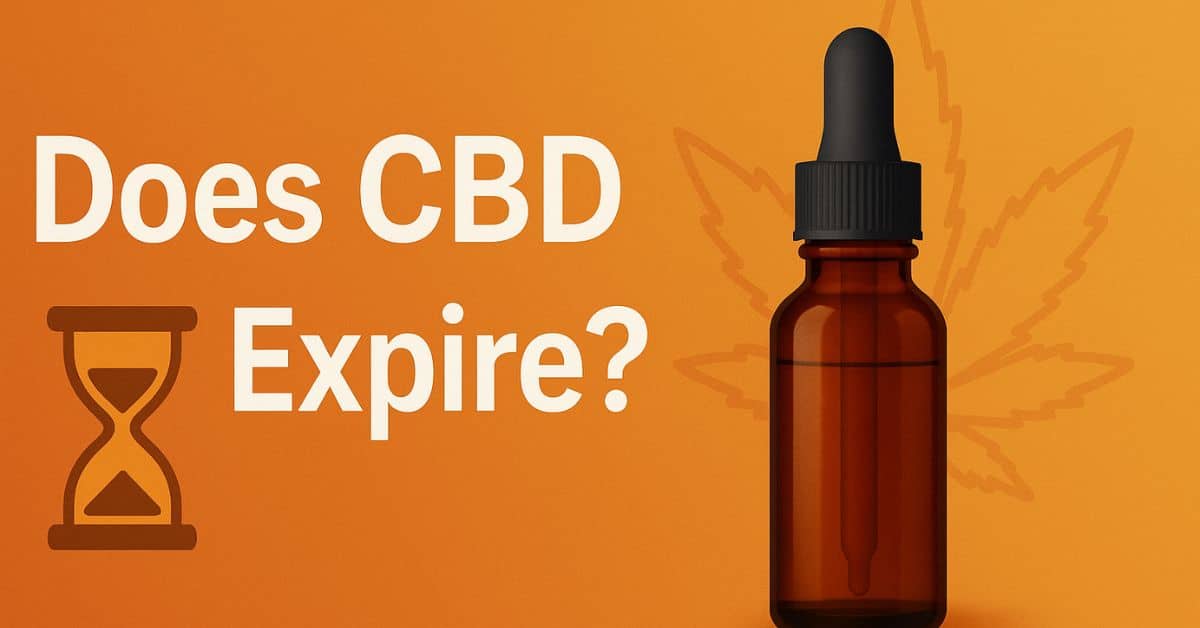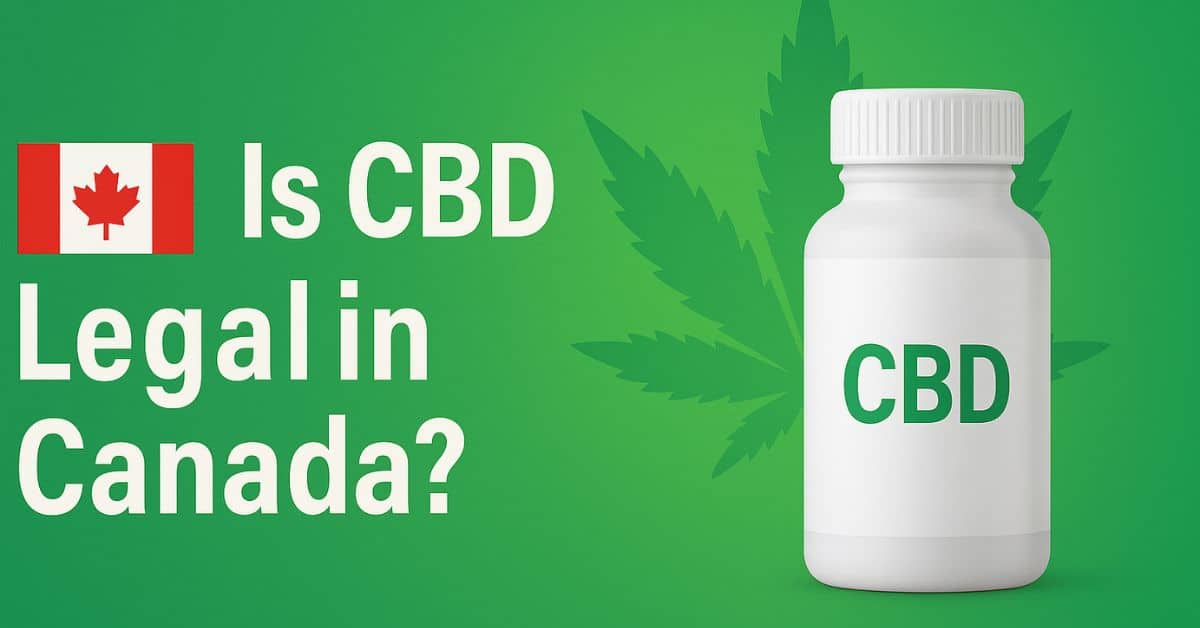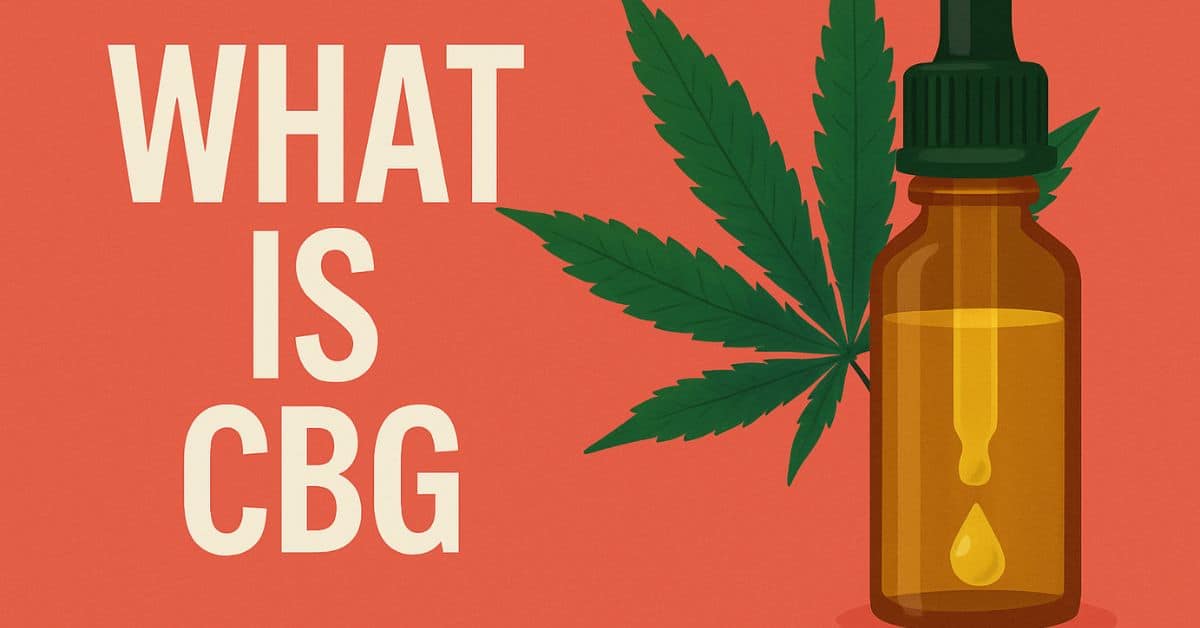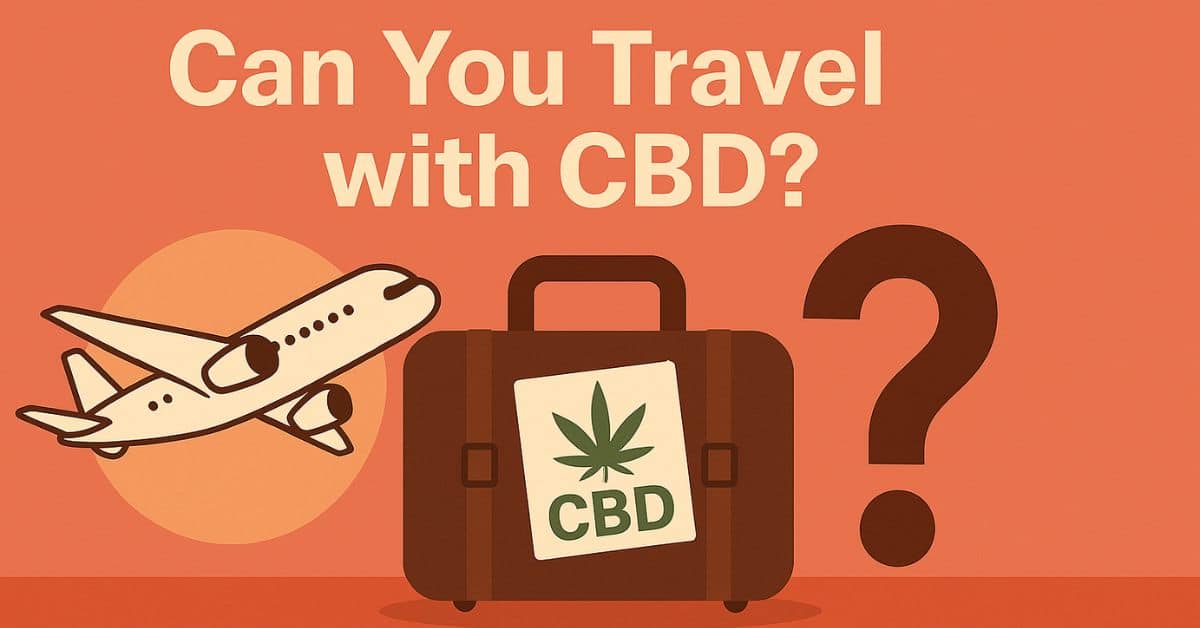Cannabidiol, better known as CBD, is one of the most common cannabinoids found in the cannabis plant. Unlike THC, it doesn’t cause intoxication or a “high,” which has made it a go-to option in Canada for people interested in cannabis for wellness rather than recreation.
CBD is naturally abundant in hemp and can be extracted into oils, gummies, capsules, topicals, vapes, and even pet products. Over the last decade, it has become one of the most researched cannabinoids, with studies exploring its potential roles in sleep, stress, pain, inflammation, and overall balance.
Because it’s non-intoxicating, CBD has gained widespread acceptance across Canada, both in everyday wellness routines and in mainstream conversations about natural health.
What is CBD (Cannabidiol)?
Cannabidiol, better known as CBD, is one of the most widely recognized cannabinoids found in the cannabis plant. Unlike THC, it doesn’t produce a “high,” which has made it especially popular in Canada for those looking to support wellness without intoxication.
Researchers have studied CBD more extensively than many other cannabinoids. It’s being explored for potential roles in managing stress, promoting sleep, reducing inflammation, supporting pain relief, and improving overall balance in the body. While not a cure-all, CBD’s non-intoxicating nature and versatile applications have made it the face of the modern cannabis wellness movement.
How Does CBD Work in the Body?
CBD interacts with the body’s endocannabinoid system (ECS), a regulatory network that helps maintain balance across functions like mood, sleep, appetite, memory, and immune response. Unlike THC, which binds directly to CB1 receptors in the brain, CBD works more indirectly with the CB1 and CB2 receptors:
- CB1 receptors (brain and nervous system): CBD doesn’t bind strongly but may influence how these receptors respond to natural cannabinoids, possibly moderating THC’s effects.
- CB2 receptors (immune system, peripheral tissues): CBD interacts here in ways that researchers believe could support immune health and reduce inflammation.
CBD is also thought to influence serotonin, vanilloid, and GABA receptors, which may help explain its wide range of potential effects on anxiety, pain, and sleep.
Potential Benefits of CBD
While scientific evidence continues to grow, CBD has already been the subject of thousands of studies. Canadians often turn to CBD products for:
- Stress and anxiety support – Many users report a calming effect without drowsiness.
- Sleep improvement – CBD may help regulate sleep cycles and promote restfulness.
- Pain and inflammation relief – Research suggests potential benefits for chronic pain, arthritis, and recovery.
- General wellness – Users describe CBD as promoting balance, focus, and resilience.
- Skin health – Topical CBD is studied for potential benefits with irritation, redness, and acne.
Potential Side Effects
CBD is generally safe and well-tolerated, but side effects may occur depending on the individual and dosage:
- Dry mouth
- Drowsiness or fatigue
- Digestive discomfort (rare)
- Changes in appetite
- Possible interactions with prescription medications (especially those processed by the liver)
What Are the Types of CBD Products?
As CBD has become mainstream, Canadians now have access to a wide range of product types:
- CBD Oils & Tinctures – Flexible dosing, taken under the tongue for faster absorption.
- CBD Capsules & Softgels – Pre-measured, convenient, and consistent in dosage.
- CBD Gummies & Edibles – Flavored, discreet, but slower to take effect.
- CBD Topicals (creams, balms, bath bombs) – Applied directly to the skin for localized support.
- CBD Vapes & Cartridges – Fast-acting, but not ideal for everyone.
- CBD Isolate – Pure CBD in crystalline form, often used for custom formulations.
How Much CBD Should You Use?
There’s no universal “right” dose of CBD, since it depends on weight, metabolism, product type, and reason for use. Canadians typically follow this general approach:
- Oils & Tinctures – Start with 5–10 mg once or twice daily, increasing slowly.
- Capsules & Softgels – Common doses range from 10–25 mg per capsule.
- Gummies & Edibles – Usually 10–20 mg each, but effects take 1–2 hours to set in.
- Topicals – Applied as needed to specific areas, with effects localized rather than systemic.
- Vapes – Fastest onset, but harder to measure exact dosage.
How is CBD Different from THC?
CBD and THC are often compared because they’re the two most prominent cannabinoids:
- THC is intoxicating, producing the “high” associated with marijuana.
- CBD is non-intoxicating and often used for wellness without impairment.
- While THC binds directly to CB1 receptors, CBD’s indirect action may even reduce some of THC’s stronger psychoactive effects, making it a balancing counterpart.
Is CBD Safe?
Health Canada regulates cannabis products, which means legal CBD must meet strict standards for purity, potency, and safety.
Possible mild side effects include fatigue, digestive upset, and appetite changes, but most users tolerate CBD well. The key risk lies not in CBD itself, but in unregulated or untested products. That’s why Canadians should only buy CBD backed by third-party lab results confirming its cannabinoid content and safety.

